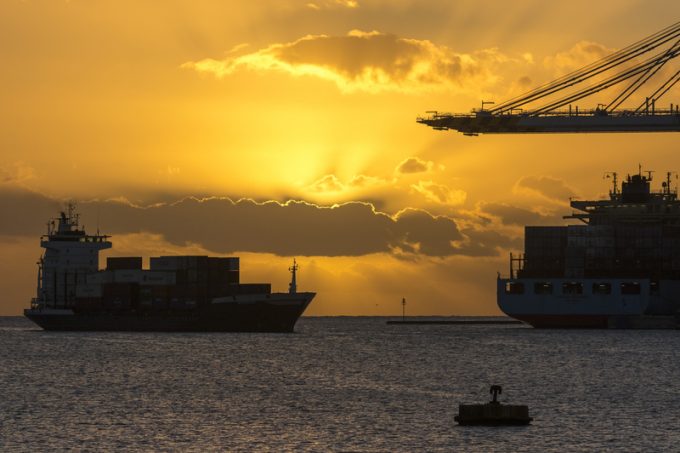Threat of rising oil price adds to frustration for crisis-hit supply chain chiefs
New warnings from the World Bank of surging oil prices, adding to the continuing instability ...

Brokers are reporting more “heightened activity” in the containership charter market as ocean carriers fight to secure tonnage to mitigate the impact of Red Sea diversions.
According to an analysis by Maritime Strategies International (MSI), carriers could need to deploy up to 200 extra ships on their east-west networks in order to maintain weekly sailings.
Meanwhile, Alphaliner reported that daily hire charter rates “have been rising across the board”.
“The crisis in the Red Sea, with a growing demand for Asia-Europe extra loaders, Red Sea traders and feeders in the Atlantic, as well as sustained volumes of cargo from Asia in the run-up to Chinese New Year has kept the charter market busy in the past days,” said the consultant.
It said that Maersk for example had been “a very active charterer, securing more than a dozen vessels” this month.
Moreover, Alphaliner added, smaller carriers, such as Tailwind, Carrier53 and SeaLead, “have been busy fixing ships” for trips between Asia and Europe, or to the Red Sea.
It said demand for feeder vessels had “also risen significantly” in the Atlantic, due to lines endeavouring to counterbalance the delays caused by the rerouting of ships around the Cape of Good Hope.
And with no end in sight to the Suez Canal diversions, carriers are starting to adjust their networks accordingly, on a semi-permanent basis. MSC said yesterday it was “adapting its east-west routes to manage the disruption” and would be “changing rotations and adding vessels”.
Its current 2M alliance partner, Maersk, told its customers it was making changes to its proforma schedules and would also add vessels to its network. It said it understood “the potential impact on logistics operations” and that “all decisions have been carefully considered”.
It added: “We are making these changes to preserve weekly departures for our services with the goal of offering more predictability, reliability and consistency, despite the associated delays that come with the current re-routings.”
In its January Horizon report, MSI calculated that for the Asia-Europe trade alone, based on current service speeds, ocean carriers would need to deploy 120 more ships to offer a weekly sailing on all loops.
Based on data from maritime intelligence firm eeSea, that number, however, reduces to 80, based on a 1.5 knot uplift in average sailing speeds.
Nevertheless, this still represents a huge number of extra ships required, with for instance the MSI analysis estimating that the Ocean Alliance could require 29 more vessels on its Asia-Europe loops.
As carrier network disruptions look likely to continue for some time, MSI said the lines could decide to deploy newbuild deliveries to fill the gaps in their networks, given that there is a huge 3m teu of capacity due to hit the water this year.
But until then brokers are predicting a bonanza for non-operating containership owners (NOOs).
“How soon the market will come back to reality for NOOs will very much depend on how long the situation in the Red Sea will last,” said Alphaliner.
Comment on this article